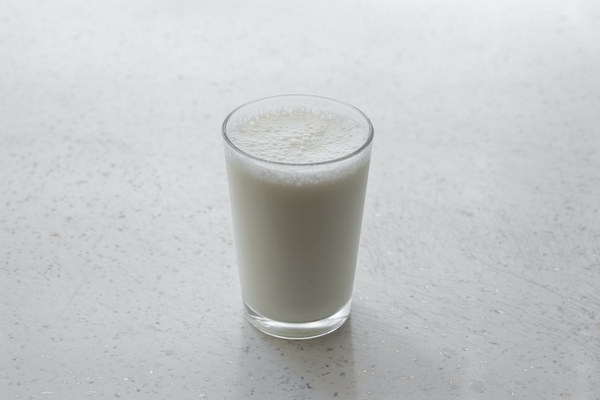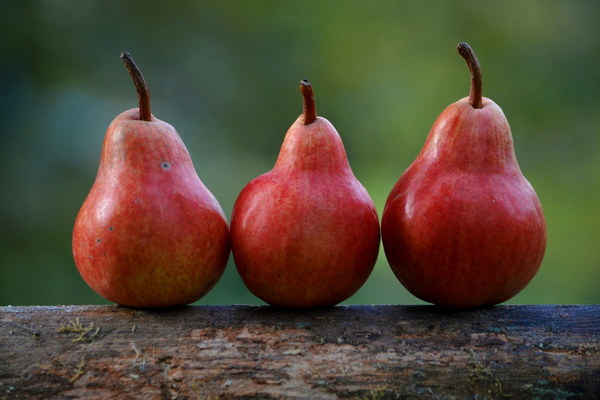Ancient Wisdom Unveiling the Art of Health Preservation Through Traditional Practices
In the annals of history, ancient civilizations have left behind invaluable knowledge about the art of health preservation. Their wisdom, deeply rooted in nature and the human body, offers us timeless insights into the principles of wellness. This article delves into the fascinating world of ancient practices, highlighting key strategies for maintaining physical and mental well-being.
1. Diet and Nutrition
Ancient cultures recognized the importance of a balanced diet for overall health. The Hippocratic Oath, written in the 5th century BCE, emphasizes the significance of diet in healing. Here are some traditional dietary principles:
- Food as Medicine: The concept of using food as a medicine dates back to ancient times. Ayurveda, a traditional Indian system of medicine, categorizes foods based on their properties and suggests balancing these properties for optimal health.
- Local and Seasonal: Ancient cultures consumed locally sourced and seasonal foods, ensuring a variety of nutrients and reducing the risk of foodborne illnesses.
- Moderation: The concept of moderation in eating was prevalent in ancient times. The Greek philosopher Hippocrates advocated for eating until you are not full, emphasizing the importance of not overindulging.
2. Exercise and Physical Activity
Regular physical activity was an integral part of ancient life. Here are some traditional exercise practices:
- Yoga: Originating in ancient India, yoga combines physical postures, breathing exercises, and meditation to promote physical and mental well-being.

- Tai Chi: A Chinese martial art that involves slow, deliberate movements and deep breathing, tai chi aims to enhance balance, flexibility, and overall health.
- Dance and Music: Ancient cultures often incorporated dance and music into their daily lives, using these forms of expression to maintain physical fitness and emotional balance.
3. Mindfulness and Meditation
Ancient philosophies emphasized the importance of a peaceful mind for overall health. Here are some traditional mindfulness and meditation practices:
- Meditation: Meditation was a common practice in ancient cultures, such as Buddhism, Hinduism, and Taoism. It involves focusing the mind on a particular object, thought, or activity to achieve a state of mental clarity and relaxation.
- Prayer and Reflection: Many ancient cultures incorporated prayer and reflection into their daily lives as a means of connecting with the divine and promoting spiritual well-being.
4. Hygiene and Cleanliness
Ancient cultures understood the importance of maintaining cleanliness for preventing diseases. Here are some traditional hygiene practices:
- Water Purification: The ancient Egyptians and Greeks were known for their advanced water purification techniques, using methods like boiling and filtration to ensure clean drinking water.
- Personal Hygiene: Many ancient cultures had specific rituals and practices for personal hygiene, such as bathing and using aromatic oils.
5. Connection to Nature
Ancient cultures had a deep connection to nature, recognizing its healing power. Here are some traditional practices that emphasize this connection:
- Herbal Medicine: The use of medicinal plants for healing has been a common practice in ancient cultures, such as Traditional Chinese Medicine (TCM) and Ayurveda.
- Nature Walks: Ancient cultures often engaged in nature walks, using these walks as a means of relaxation, meditation, and rejuvenation.
In conclusion, ancient wisdom offers us a wealth of knowledge about health preservation. By incorporating traditional practices such as balanced diets, regular exercise, mindfulness, and a deep connection to nature, we can achieve a healthier, more balanced life. Embracing these ancient principles can help us lead longer, happier, and more fulfilling lives.









